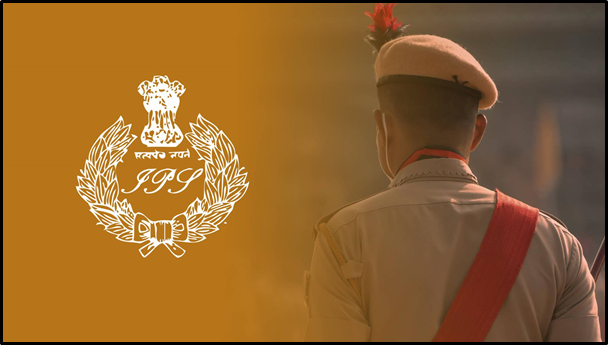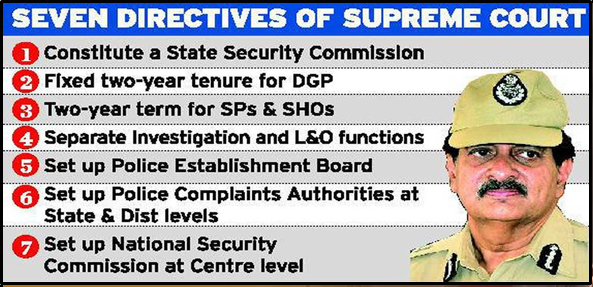Conference of Directors General and Inspectors General of Police
News
- The Prime Minister will attend a three-day All India Conference of Directors General and Inspectors General of Police 2023, which starts at the Rajasthan International Centre in Jaipur.
- The event will cover a wide range of policing and internal security topics, such as cybercrime, the use of technology in policing, difficulties in combating terrorism, left-wing extremism, and prison reforms. Debating the roadmap for putting the new criminal laws into effect is another important item on the conference’s agenda.
- Discussion will also take place on futuristic themes in policing and security, such as the challenges posed by new technologies such as AI and Deepfake, and how to deal with them.
About Police in India
- According to Article 355 of the Constitution, the Union must safeguard each state from outside aggression and internal unrest in order to guarantee that each state’s governance is conducted in line with the document’s provisions.
- The primary law governing the operations of the Indian police force remains the Police Act of 1861. This Act designates the Inspector General of Police, who is currently known as the Director General and Inspector General of Police, as the head of a state police.
- States are organized into districts, with district police being commanded by a superintendent of police.
- A number of committees were formed to reform the police:
- The Gore Committee on Police Training (1971–1973): It was established to examine police training at all levels, from constables to IPS officers.
- Commission on National Police in 1977: Eight reports addressing various facets of police management
- 1998, Ribeiro Committee: It suggested replacing the Police Act of 1861 with a new law, establishing a District Complaints Authority, and establishing Police Performance and Accountability commissions at the state level.
- The Padmanabhaiah Committee (2000): It was established to investigate police investigations and prosecutions, training, duties and responsibilities, and recruitment procedures for the police force.
- 2005’s Soli Sorabjee Committee.
- The Vohra Committee Report: It made clear the connections between lawbreakers, public servants, and politicians. It claimed that the mafia network is essentially operating a parallel government and rendering the state apparatus obsolete, and it recommended the establishment of an organization to successfully address the threat.
- Supreme Court’s 2006 rulings on police reforms in the Prakash Singh case:
- In which the court outlined seven directives that still require significant work in the area of police reform.
- By approving these directives, the Court documented the systemic flaws, lack of accountability procedures, and pervasive politicization that have led to subpar overall performance and fueled the public’s current discontent with police.
- The attached image below contains directions.
Source: Newsonair
Disclaimer: All efforts have been made to represent India accurately and as per India government. However, Universal School of Administration, Bengaluru and its associated people do not own any responsibility for the correctness or authenticity of the same.
Please notify on the email: [email protected] if any inconsistency is found for the factual correctness.





